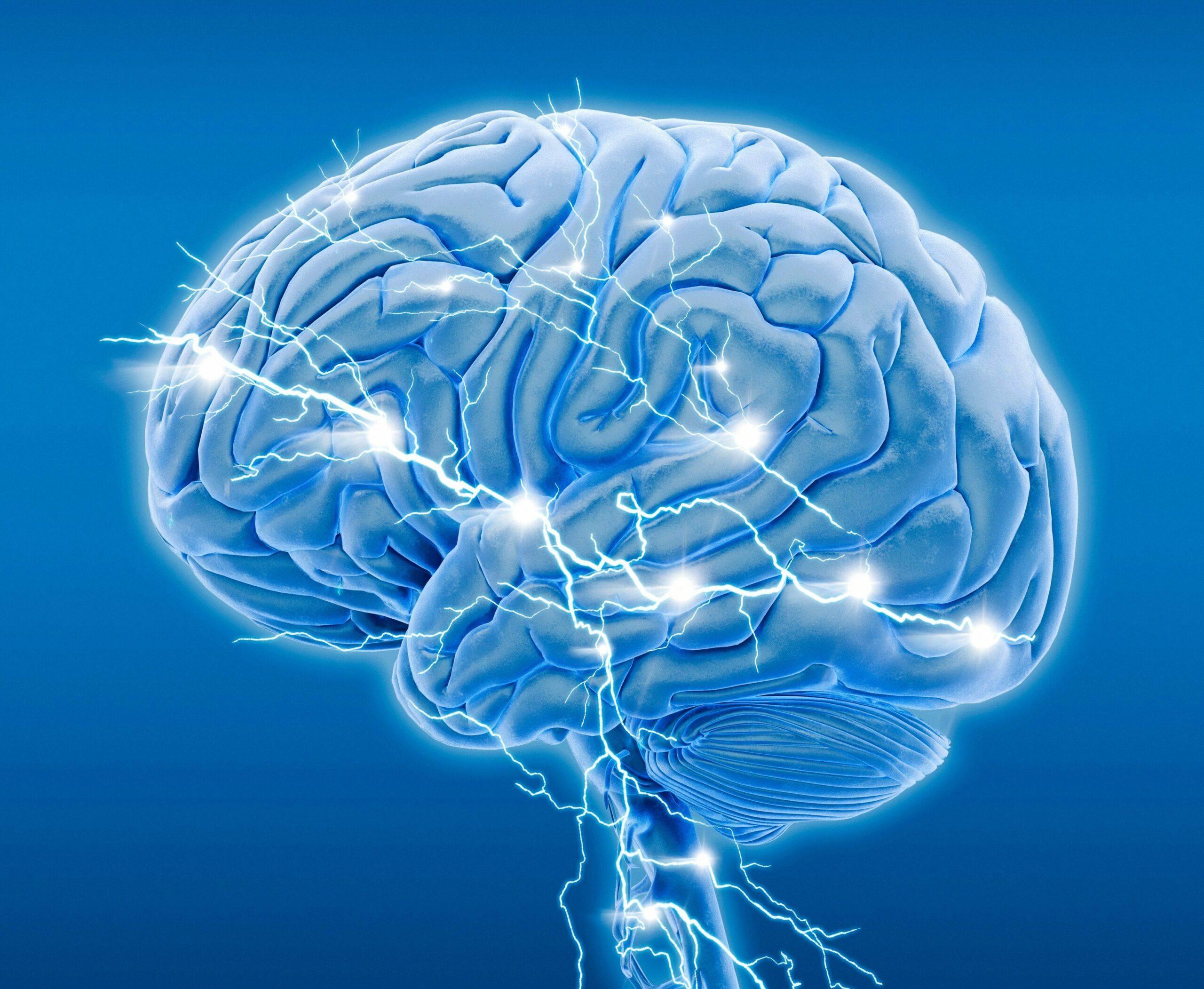Jun 4
2024
Assistive Devices and Technologies for Traumatic Brain Injury Victims
 Life after a traumatic brain injury can be challenging. It can result in severe cognitive and physical limitations. While it’s possible to recover, you may experience sensory issues, cognitive impairment, and other challenges. Traumatic brain injury (TBI) victims may require additional assistance to perform their daily life activities. This is where assistive devices and technologies come in. They enhance a TBI survivor’s quality of life while boosting their independence. Discussed below are several assisted devices and technologies for traumatic brain injury victims.
Life after a traumatic brain injury can be challenging. It can result in severe cognitive and physical limitations. While it’s possible to recover, you may experience sensory issues, cognitive impairment, and other challenges. Traumatic brain injury (TBI) victims may require additional assistance to perform their daily life activities. This is where assistive devices and technologies come in. They enhance a TBI survivor’s quality of life while boosting their independence. Discussed below are several assisted devices and technologies for traumatic brain injury victims.
Mobility aids
Traumatic brain injuries happen due to various incidents or accidents, such as falls, auto crashes, or sports-related injuries. These injuries can cause severe, lasting disabilities like physical limitations that need the use of mobility devices. These aids include:
- Walking stick: It’s a one-legged cane or stick with a gripped handle for supporting and holding an individual. They’re perfect for TBI victims who can walk with little help
- Rollator frames: They’re four-wheeled frames that users push along as they walk. They’re suitable for balance defects or limited mobility but can still walk unaided
- Wheelchairs: They’re best for those who cannot move unaided
- Quad stick: It’s suitable for those who can move freely without help
- Electric wheelchair: It’s electric motor powered and perfect for those who want to travel long distances but can’t move without help
With the help of physical therapists and specialists from trusted TBI care facilities, you can select a mobility aid suitable for your loved one’s needs.
Adaptive beds
The long-term immobility associated with TBI and loss of bladder control can lead to bedsores, which can cause sleep problems. Statistics suggest that sleep disturbances affect 30% to 70% of people following a traumatic brain injury. Adaptive beds can help reduce the risk of bedsores while promoting sleep quality in TBI victims. The beds can:
- Deflate and inflate on specific body parts
- Automatically turn you to different, stable sleeping positions
- Smoothly rotate you from one side to another
- Help you sit and get out of bed without help
Adaptive beds dramatically reduce the risk of sleep disorders and disruptions in TBI victims, improving sleep quality.
Mobile applications
Those living with TBI may have memory, self-regulation, or executive functioning problems, such as time management, planning, and strategizing, which can impact their daily lives at work, home, or school. Mobile applications that address these challenges can improve your quality of life and help you live more independently. The best mobile applications for your needs should address your specific TBI-related struggles.
Adaptive clothing aids
Adaptive clothing aids help TBI victims with cognitive and physical limitations learn how to dress themselves. They include:
- Long-handled sock aid and shoehorn: They help you put on your shoes and socks without the need to bend down
- Dressing stick: It enables you to reach out for, wear, and remove clothes and socks
- Velcro-lace or zipper shoes: They come in handy for those with difficulties tying shoe laces
Hearing aids
Hearing loss after a traumatic brain injury is a common occurrence. TBI-related hearing loss can be due to:
- The traumatic injuries damaging the inner ear
- Damage to the brain part responsible for processing sound
If you’ve suffered hearing loss due to TBI, you can use bone-anchored or high-power hearing devices to improve your hearing
Endnote
TBI can lead to severe cognitive and physical limitations that make daily life quite challenging. However, acquiring assisted devices and technologies for traumatic brain victims, such as mobility aids, adaptive beds, mobile apps, and hearing aids, can help you cope.